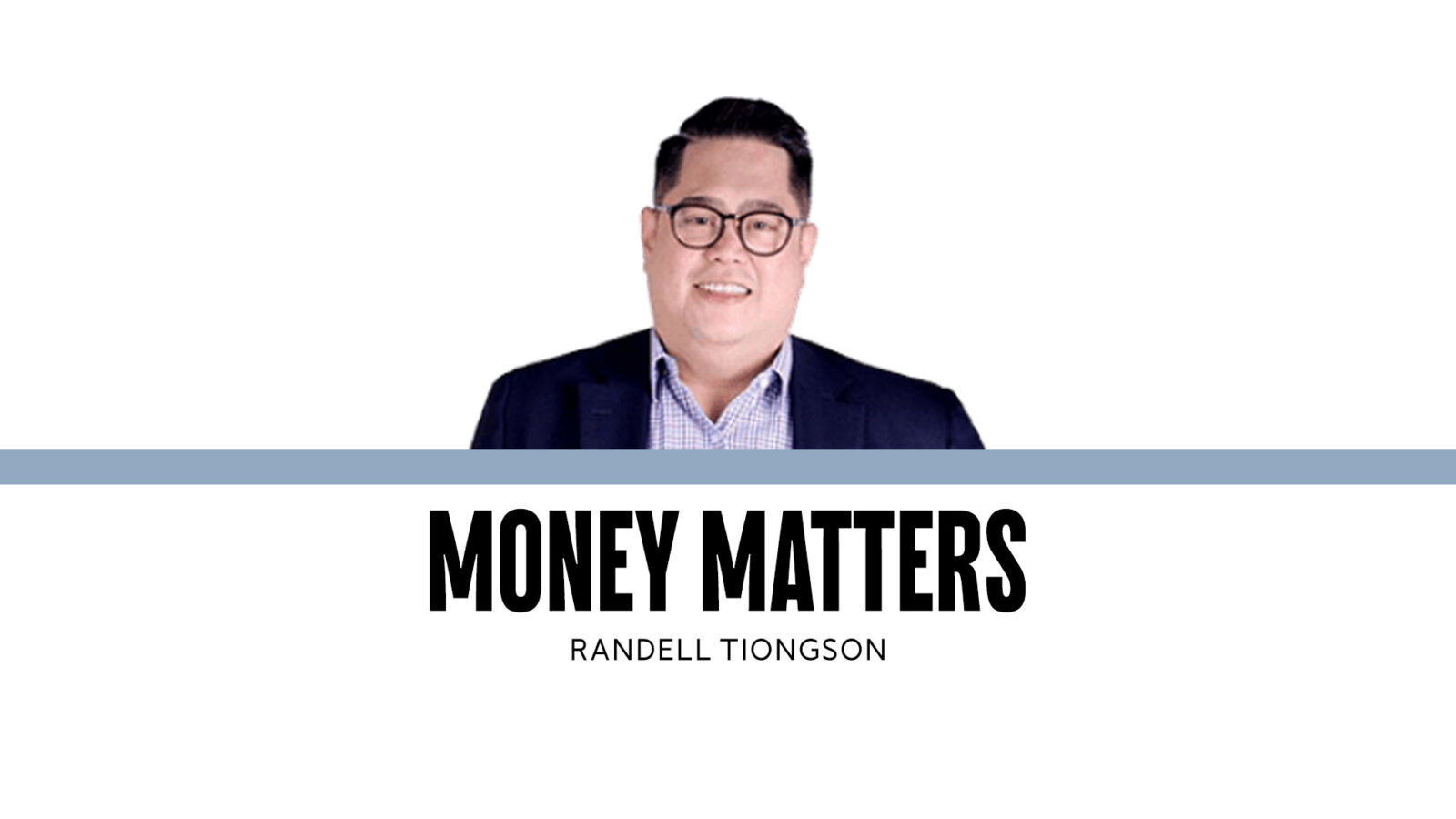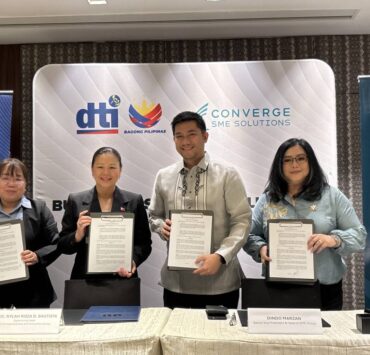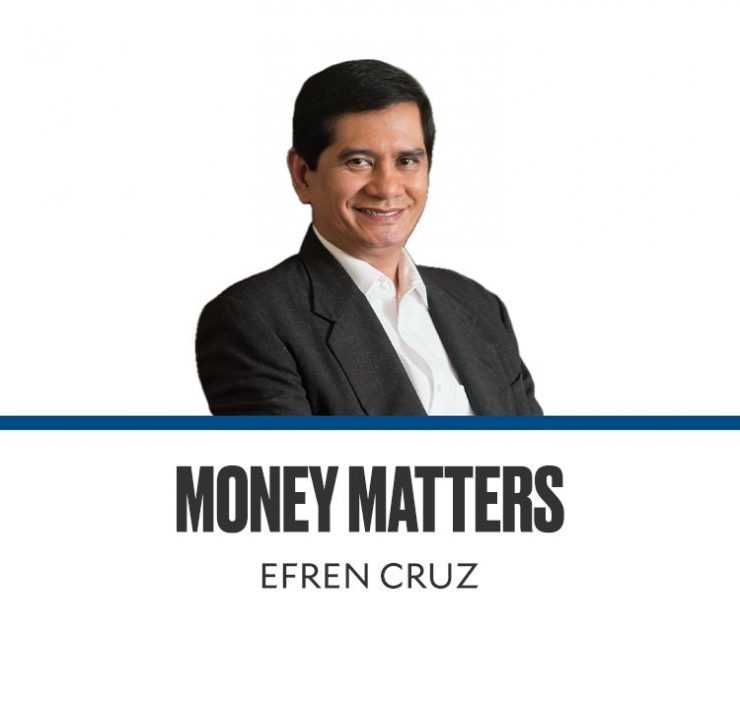Generosity: The goal of good personal finance

When I started talking about personal finance many years ago, the questions I usually got were about how to budget properly, where to invest or how to prepare for retirement.
These are important conversations, and I still teach them today. But after close to four decades in the financial industry, I’ve realized that all of these disciplines—saving, investing, insuring, planning—should lead us somewhere bigger.
The goal is not just to secure ourselves or accumulate wealth. The real goal is generosity.
Generosity often sounds like an optional extra, something we do if we “have extra.” But in truth, it is the fruit of financial wisdom.
Think of what happens when you make generosity part of your life.
When we manage our money well, we put ourselves in a position to bless others. And here’s the part people don’t always realize: generosity isn’t only good for your soul; it’s also good for your financial health.
You begin to budget differently because you know some of your money has a greater purpose. You cut unnecessary spending so that you can give consistently. This discipline forces you to prioritize.
Generosity also checks greed. When we’re open-handed, we don’t feel the same compulsion to constantly upgrade our lifestyle or chase every new status symbol.
We learn contentment, and contentment protects us from the debt and overspending that sink so many families.
I’ve seen this play out in real life. People who give regularly tend to live more orderly financial lives. They may not always have the highest salaries, but they are often more disciplined, less stressed and surprisingly more secure than those who hoard everything for themselves.
Giving creates a kind of financial rhythm that keeps you grounded.
And then there’s the relational side.
Generosity connects you to people. It ties you to your church, your community, your family and causes that matter.
In difficult times, those relationships matter as much as money in the bank. A generous person rarely walks alone; their kindness builds a network of trust and goodwill that becomes a safety net in its own way.
As Filipinos, generosity is something we instinctively understand. We send remittances, contribute to calamity funds, share food during fiestas and extend help to relatives in need. But too often, our generosity is reactive and unsustainable because our personal finances are in disarray.
Many overseas workers give faithfully, but when they come home after decades, they realize they haven’t prepared for their own retirement.
Many breadwinners carry the weight of helping others but fail to secure their children’s future. The problem isn’t generosity—it’s that we didn’t first put our finances in order so that generosity could be sustained.
That’s why financial discipline is so important.
If you build an emergency fund, stay out of destructive debt, invest regularly and protect your family with insurance, you create margin.
That margin gives you the freedom to give without fear. Instead of wondering if you can afford to help someone, you’ll already have space set aside for it.
Stewardship is not meant to stifle generosity—it’s meant to strengthen it.
I remember one man I worked with years ago who earned a very modest income but was consistently generous to his church and to the poor in his neighborhood. His peers often told him he was being reckless.
But over the years, he lived a life of contentment, avoided bad debt and somehow never lacked opportunities. His children grew up disciplined and grateful.
Contrast that with others I’ve met who earned much more but lived tightly closed-fisted lives. They had more money, but they never seemed to have peace. The difference was never about the amount. It was about the heart.
Scripture makes this principle clear. Proverbs 11:25 says, “Whoever brings blessing will be enriched, and one who waters will himself be watered.”
It’s not a formula for getting rich, but a principle for living richly. When you give, you not only bless others, you also guard your own heart and even your financial habits.
So where do we begin?
You don’t have to wait until you’re wealthy to be generous. Start small, but be consistent. Treat giving as part of your budget, just like rent or utilities. Support causes that matter to you so that giving brings joy, not obligation.
And always balance generosity with responsibility—take care of your obligations and your family so that your giving can continue for the long haul.
At the end of the day, money is just a tool. It can buy comfort, yes, but only generosity gives life deeper meaning.
Proper personal finance is not about hoarding wealth but about living beyond ourselves. Financial freedom is good, but financial generosity is better.
So let me ask you: are you handling your money in a way that allows you to give freely? Or is financial disorder robbing you of the joy of generosity?
My challenge is this—don’t just aspire to be financially free. Aspire to be financially generous—because in the end, the true measure of our wealth is not in what we keep, but in what we give away.
Randell Tiongson is a registered financial planner of RFP Philippines. To learn more about personal financial planning, attend the 114th RFP program this January 2026. Email info@rfp.ph or visit rfp.ph to learn more about the program.


















